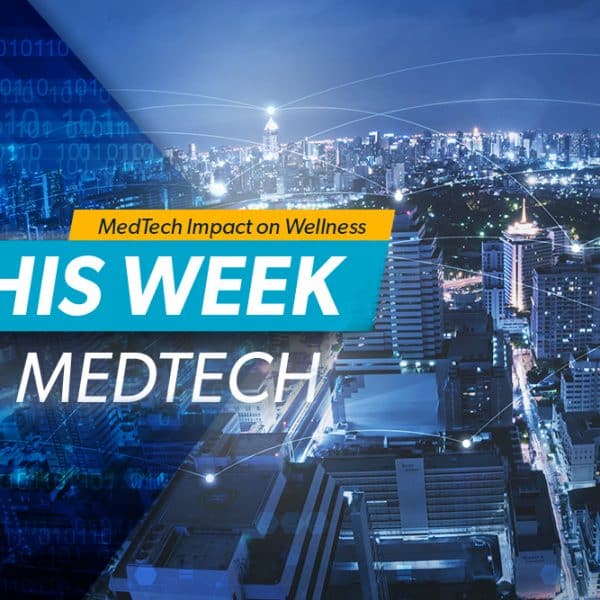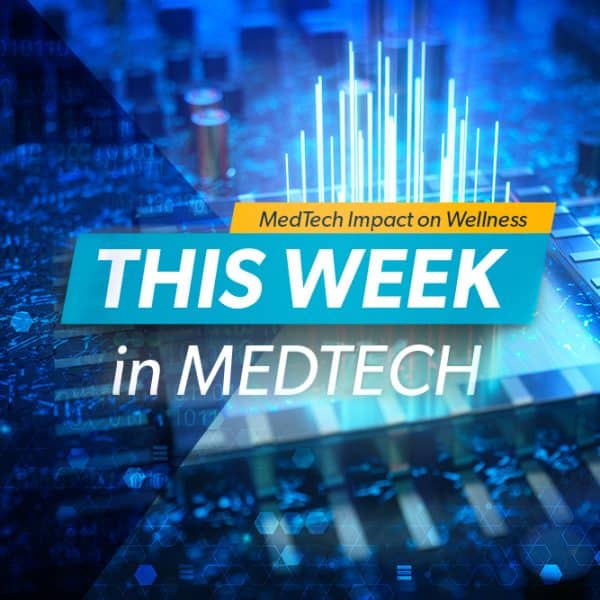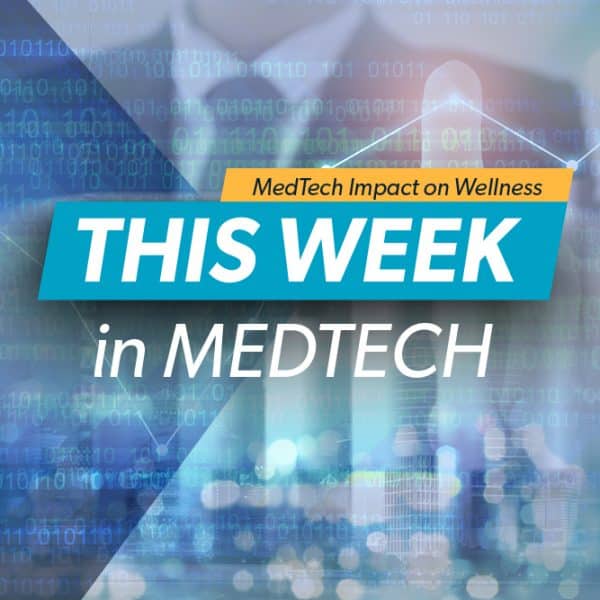Medtech Insider: Google Patient Data Project Under Federal Investigation
Google Patient Data Project Under Federal Investigation
Shortly after the Wall Street Journal published an article detailing Google’s acquirement and storage of identifiable medical data U.S. regulators announced plans to investigate the company. The initial Wall Street Journal report uncovered a partnership with the healthcare system, Ascension, that gave Google access to tens of millions of patients’ names, health histories, date of birth, lab results, diagnoses and hospitalization records without the consent of doctors or patients. Project Nightingale, as the secret transfer partnership is called, was being used to design new AI-powered software. The Office for Civil Rights in the Department of Health and Human Services has announced plans to immediately begin investigations on the violation of HIPPA law.
Machine Learning Helps Predict Risk of HF in Diabetes Patients
Research from Brigham and Women’s Hospital and UT Southwestern Medical center has produced a new machine learning algorithm that predicts the risk of heart failure hospitalizations for type 2 diabetes patients. Utilizing data from nearly 9,000 patients in the ACCORD Trial, the researchers developed a model that can identify patterns within 147 different demographic, clinical, and biological predictors. In a statement, Ambarish Pandey, MD, MSCS, a preventive cardiologist at UT Southwestern and the senior author of this study shared: “This risk tool is an important step in the right direction to promote prevention of heart failure in patients with type 2 diabetes. It can be readily used as part of clinical care of patients with type 2 diabetes and integrated with the electronic medical records to inform physicians about the risk of heart failure in their patients and guide use of effective preventive strategies.”
Sheba Medical Center Moves to Become First Fully VR-based Hospital
Israel-based Sheba Medical Center has announced plans to incorporate virtual reality throughout all of its hospital departments.The hospital has partnered with XRHealth technology–a technology company specializing in extended reality and therapeutic application. Eyal Zimlichman, M.D., Sheba’s chief medical and chief innovation officer explained the hospital decision in a released statement: “We’ve identified medical virtualization as one of the technologies that will transform healthcare. Within this realm, we aim to be a leader in developing new health services based on VR.” In recent years the VR healthcare industry has experienced a considerable surge, with current estimates illustrating a potential for the global VR healthcare market to reach $3.8 billion by 2020.
Study Demonstrates Value of mHealth in Medication Adherence
A new study completed by researchers from John Hopkins University School of Medicine demonstrates the capability of digital therapeutics to dramatically increase long-term medication adherence. In an analysis of 288 patients being treated at 18 clinicas within the U.S., researchers utilized a digital therapeutic program designed to help patients with Hepatitis C. The platform included an ingestible sensor and wearable patch, and showed a 99% sustained virologic response rate after 10 weeks. The overall median was 95% compared to other medication adherence programs which typically result in less than 60%. The platform monitors physiologic signs and relays information to providers. Bradley Crotty MD, MPH, an internist utilizing the platform at the Froedtert & Medical College of Wisconsin (MCW) health network and an assistant professor of Medicine at MCW shared that program allows provider to “better partner with patients by understanding how they’re doing between appointments and increasingly help personalize and optimize their regimen more quickly.”










